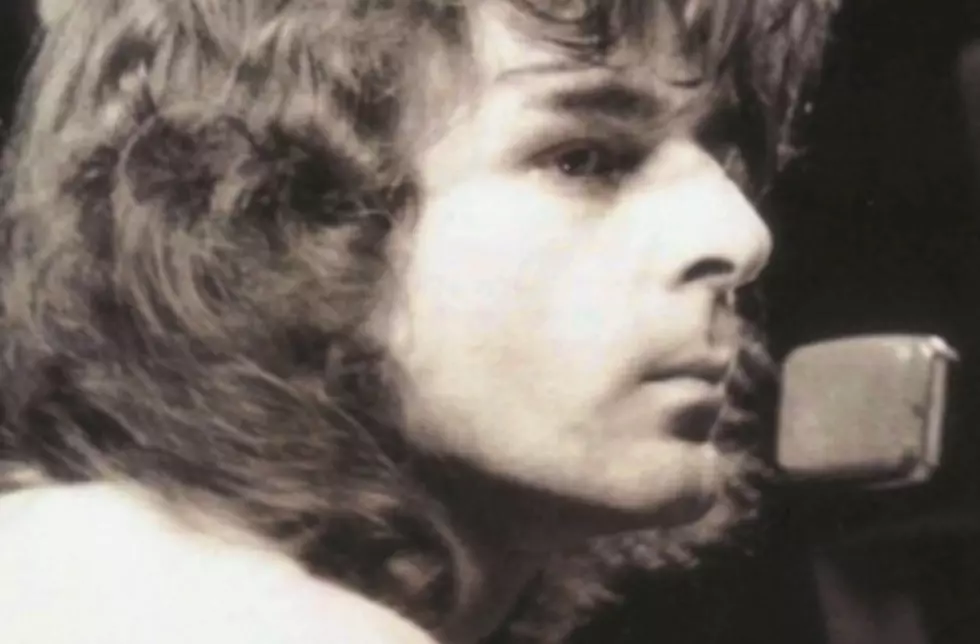
5 Years Ago: Pink Floyd’s Richard Wright Dies
Richard Wright, in the time just before his passing in 2008, was in the midst of something of a comeback alongside his Pink Floyd bandmate David Gilmour.
Though serving as a founding member of the legendary psych-rock outfit -- and a key element of its musical DNA as a spacious, enveloping keyboardist and singer -- Wright had eventually fallen out of favor with '70s-era mastermind Roger Waters. He barely contributed on 1979's 'The Wall' before being ousted prior to 1983's 'The Final Cut.' By the time a retooled Pink Floyd gathered for 1987's 'Momentary Lapse of Reason,' Wright was back in the band, but still in a reduced role. It wouldn't be until 1994's 'Division Bell' that the keyboardist would finally return to full membership in the now Gilmour-led Pink Floyd.
That rekindled relationship with Gilmour would continue right up until Wright's 2008 death from cancer at age 65. Just one week later, Gilmour's Floyd-filled 'Live in Gdansk' project -- focusing on the guitarist's most recent tour with Wright -- would appear. In many ways, that final collaboration stood as a tribute to Wright, showcasing key moments like 1967's 'Astonomy Domine' (which he co-wrote with original Pink Floyd frontman Syd Barrett), 1971's 'Echoes' and 1973's 'Time' (both brilliant collaborative moments between the keyboardist and Gilmour), 1975's 'Shine On You Crazy Diamond' (with its diaphanous synth interludes) and 1994's 'Wearing the Inside Out' (from Floyd's final studio effort).
With Pink Floyd, Wright had also co-written and/or sang lead on songs like 'Interstellar Overdrive,' 'Us and Them,' 'One of These Days,' 'See-Saw,' 'The Great Gig in the Sky,' 'Matilda Mother,' among others. He's remembered for solo albums like 1978's 'Wet Dream' and 1996's 'Broken China,' and was said to have been at work on a new project at the time of his death, though those recordings have yet to surface.
More From 1073 Popcrush










